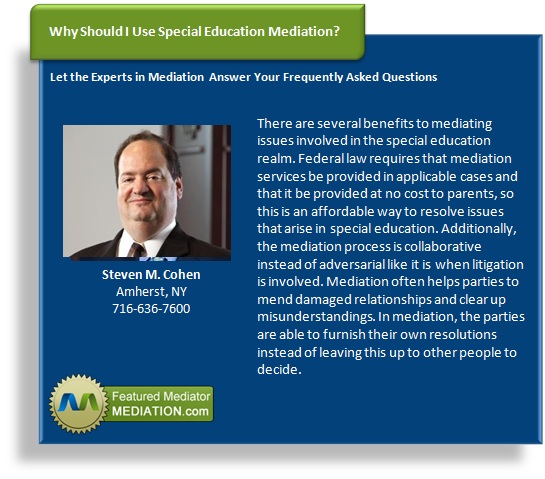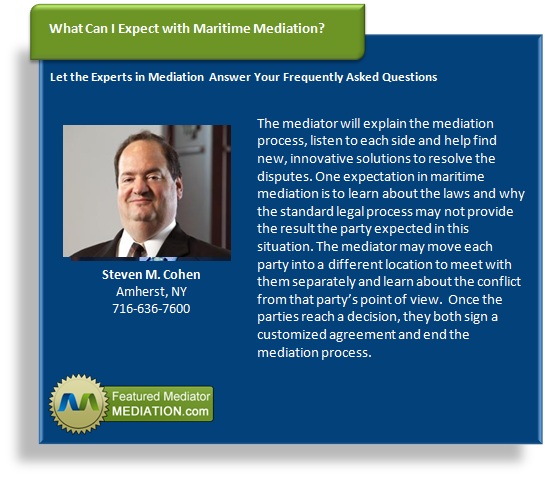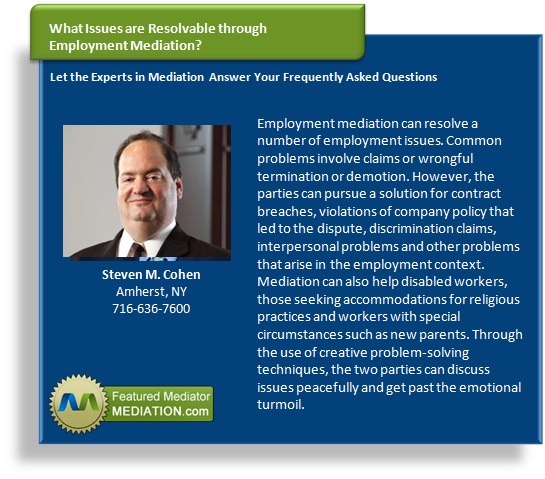 When a patient is injured due to the negligence of a medical provider, he or she may consider suing the doctor or hospital in order to receive compensation for these injuries. However, medical malpractice claims are often not successful. Many cases are dropped before trial due to issues such as trouble in establishing causation, not having a necessary medical certificate from a medical expert or other issues from the plaintiff’s perspective. When these cases make it to trial, many juries rule on the side of the healthcare provider. For these reasons, it often behooves medical malpractice victims to consider an alternative to the expensive litigation process.
When a patient is injured due to the negligence of a medical provider, he or she may consider suing the doctor or hospital in order to receive compensation for these injuries. However, medical malpractice claims are often not successful. Many cases are dropped before trial due to issues such as trouble in establishing causation, not having a necessary medical certificate from a medical expert or other issues from the plaintiff’s perspective. When these cases make it to trial, many juries rule on the side of the healthcare provider. For these reasons, it often behooves medical malpractice victims to consider an alternative to the expensive litigation process.
Medical malpractice litigation is often complex. Many states require a doctor to complete an affidavit that specifies how the medical provider in question deviated from the standard of care and caused the victim’s injuries. Expert medical testimony is often presented by both parties. This also increases the expense of the process. Mediation can be initiated early in the process to avoid the expensive legal fees, discovery fees and associated costs.
Additionally, mediation allows the parties to address their emotional concerns. In litigation, this aspect of the case is often ignored. A patient may feel betrayed if he or she did not provide informed consent or believes the healthcare provider misled him or her. Receiving a heartfelt apology or acceptance of responsibility is often enough to inspire plaintiffs to reduce their request for compensation.
Mediation often serves as a preview to mediation. It is important that both parties look at how their side of the case is perceived by the other side, as well as to see how the other party’s side of the case is supported. Mediation also speeds up the process to resolve the case since the parties do not have to wait on protracted litigation.






 Special education mediation is an innovative process in which parents and school district staff work together to resolve an issue related to the special education program. The mediator serves a vital role in this process as a neutral party who helps facilitate communication between the parties. He or she guides them toward a mutually satisfactory agreement.
Special education mediation is an innovative process in which parents and school district staff work together to resolve an issue related to the special education program. The mediator serves a vital role in this process as a neutral party who helps facilitate communication between the parties. He or she guides them toward a mutually satisfactory agreement.

 Disputes on international waters usually lead to maritime law legal issues. . Rather than progressing through the confusing and complicated laws of an outdated system, the two parties can use a neutral professional to help settle the matter amicably without the need to litigate. While the maritime mediator has no power to decide what outcome the case has, he or she can help settle the dispute through listening and providing a sounding board. The mediator relies on knowledge and experience to help find creative solutions to difficult problems.
Disputes on international waters usually lead to maritime law legal issues. . Rather than progressing through the confusing and complicated laws of an outdated system, the two parties can use a neutral professional to help settle the matter amicably without the need to litigate. While the maritime mediator has no power to decide what outcome the case has, he or she can help settle the dispute through listening and providing a sounding board. The mediator relies on knowledge and experience to help find creative solutions to difficult problems.